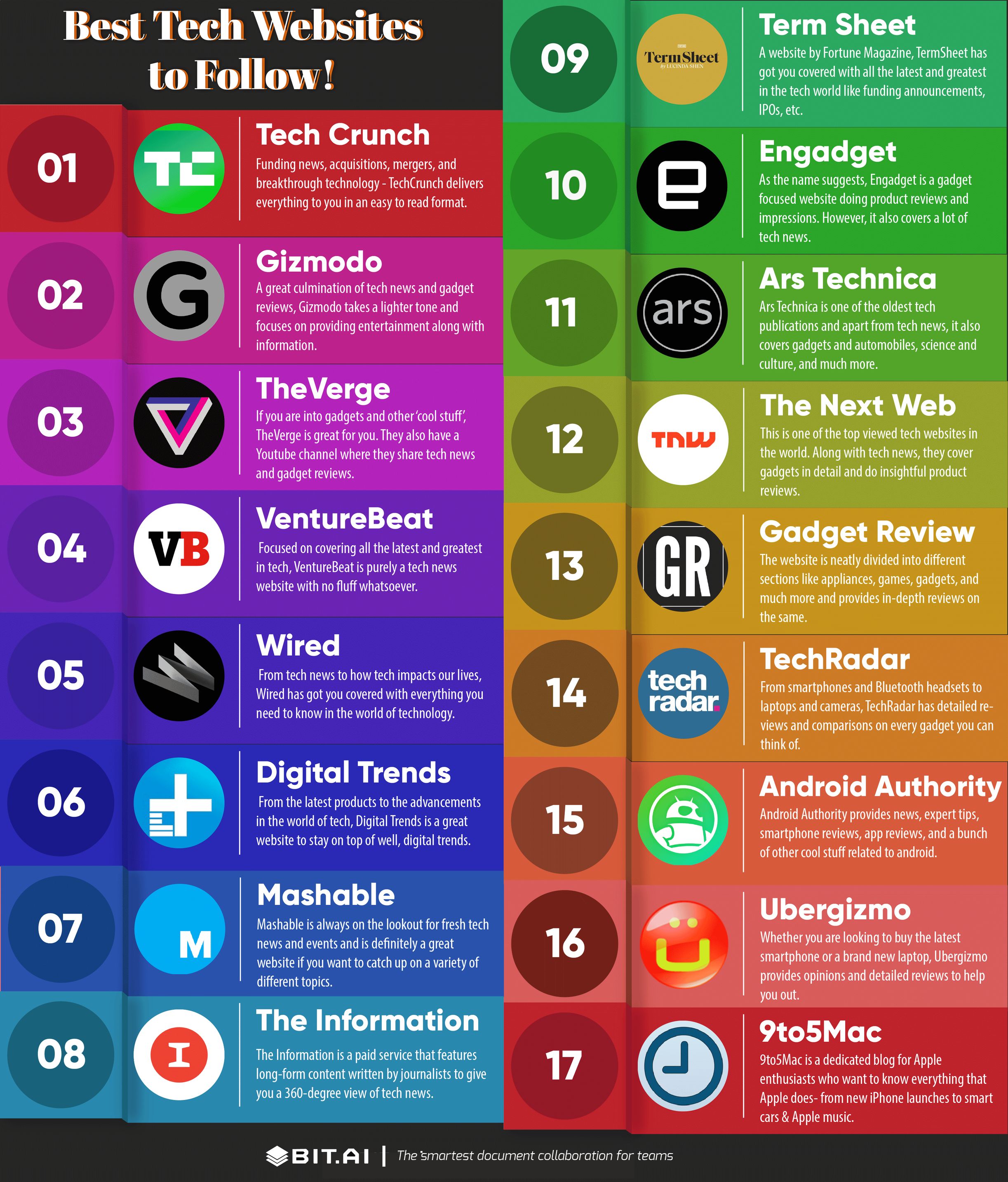The Development of the Best tech blog: A Journey With Tech Background and Future Trends
The Development of the Best tech blog: A Journey With Tech Background and Future Trends
Blog Article
How Blockchain Technology Is Revolutionizing Information Security
Blockchain innovation is fundamentally modifying the landscape of information security by presenting a decentralized structure that promises improved transparency and resilience. Unlike conventional systems, which rely on centralized information databases, blockchain disperses information across a network, minimizing vulnerabilities and single factors of failure. The usage of advanced cryptographic techniques guarantees that information remains tamper-proof, fostering depend on amongst stakeholders and customers.
The Fundamentals of Blockchain
Blockchain modern technology, an advanced idea in digital information administration, basically changes exactly how details is saved and secured. At its core, a blockchain is a dispersed ledger that tape-records transactions throughout a network of computer systems, ensuring openness and immutability. The innovation operates on a chain of blocks, each containing a listing of purchases. When a block is filled up, it is time-stamped and linked to the previous block, producing a chronological chain.
Secret to understanding blockchain is the hashing process, which secures deal information into a distinct alphanumeric code. This cryptographic function makes sure that any kind of change in the transaction information leads to a totally various hash, consequently safeguarding against tampering. The consensus system, one more critical component, verifies and verifies brand-new purchases with a network of nodes, therefore getting rid of the requirement for a centralized authority.
Moreover, blockchain's append-only structure makes certain that information, when added, can not be erased or changed. This particular guarantees a verifiable and permanent record of transactions, fostering count on amongst participants. Consequently, blockchain offers a durable structure for data integrity, offering industries a reliable approach for monitoring and managing electronic information in a protected, transparent manner.
Decentralization and Security
Decentralization, a core principle of blockchain modern technology, substantially improves data security by distributing control across a network rather than counting on a singular, central entity. By distributing information throughout various nodes, blockchain makes certain that also if one node is compromised, the entire network remains safe.

Each individual in the network has accessibility to the whole blockchain, allowing them to confirm and investigate purchases separately. On the whole, decentralization is crucial in enhancing information security in blockchain networks.

Cryptographic Strategies
At the heart of blockchain technology, cryptographic techniques play a critical duty in protecting data, making sure both discretion and integrity. These strategies are fundamental to the blockchain's capacity to firmly tape-record purchases in a decentralized fashion. Cryptography in blockchain uses a mix of asymmetric and symmetrical formulas to secure data, making it available only to authorized celebrations - Best tech blog. Public and private key pairs are central to this process, enabling for safe verification and identity verification without disclosing sensitive information.
Hash features are one more crucial part, transforming input information into a fixed-size string of personalities, effectively producing an one-of-a-kind electronic fingerprint for each and every block. This makes certain that any type of attempt to change the data will certainly lead to a completely different hash, therefore maintaining the immutability of the blockchain. Electronic signatures verify the credibility and honesty of transactions, providing a layer of non-repudiation.
The decentralized nature of blockchain, integrated with durable cryptographic methods, eliminates the demand for middlemans, decreasing potential susceptabilities. As blockchain modern technology evolves, improvements in cryptography such as zero-knowledge proofs and homomorphic file encryption continue to enhance safety measures, further strengthening data defense in this innovative electronic ledger system.
Use Situations Throughout Industries

In the health care sector, blockchain ensures the safe storage space and sharing of client documents, promoting interoperability while safeguarding sensitive information from unauthorized gain access to. This modern technology empowers patients with control over their case history and facilitates seamless sychronisation amongst doctor.
Supply chain management advantages substantially from blockchain's unalterable journal, which ensures traceability and authenticity of items from beginning to customer. By boosting transparency, blockchain assists alleviate concerns such as counterfeiting and dishonest sourcing.
Furthermore, blockchain's decentralized nature is improving the power market by allowing peer-to-peer power trading, where customers can buy and market excess renewable resource directly. This promotes a more lasting and effective energy ecosystem.
In the realm of intellectual residential property, blockchain supplies a tamper-proof platform for makers to sign up and safeguard their jobs, making certain rightful attribution and fair compensation. These varied use situations underscore blockchain's duty as an essential force in redefining data protection throughout markets.
Future of Information Defense
As we aim that site to the future of information security, blockchain innovation is poised to play a pivotal role in securing digital information. With its decentralized and immutable qualities, blockchain uses a robust structure for safeguarding delicate data against unapproved accessibility and cyber dangers. This innovation guarantees that as soon as information is taped, it is virtually difficult to alter without detection, hence offering a significant advantage over standard data storage approaches.
The integration of blockchain with other innovative innovations, such as expert system and the Web of Things (IoT), is expected to improve data security methods even more. By leveraging wise contracts, companies can enforce and automate safety and security procedures, minimizing human error and raising efficiency. In addition, browse around this site blockchain's ability to offer deducible and clear purchases will certainly boost trust and responsibility in information management methods.
As regulatory landscapes progress, blockchain's compliance-friendly nature will certainly come to be increasingly appropriate. It can help organizations meet strict data defense regulations, such as the General Information Protection Guideline (GDPR) and the California Customer Privacy Act (CCPA), by supplying verifiable records of data processing activities. Eventually, blockchain's one-of-a-kind attributes placement it as a transformative device in the ongoing mission to safeguard the electronic world against ever-evolving cyber hazards.
Final Thought
Blockchain innovation stands for a paradigm change in information security by leveraging decentralization and cryptographic methods to boost openness, trust, and data integrity. Its capability to get rid of solitary factors of failing and employ consensus systems significantly minimizes the threat of fraud and cyberattacks. This ingenious framework not just empowers users with better control over their information yet additionally straightens with governing compliance. As cyber risks progress, blockchain arises as a crucial tool for robust data protection throughout numerous markets.
Blockchain technology is essentially modifying the landscape of data security by presenting a decentralized structure that guarantees enhanced openness and resilience. Unlike standard systems, which count on central data databases, blockchain disperses information across a network, lessening vulnerabilities and solitary points of failure.Decentralization, a core concept of blockchain innovation, substantially boosts information security by dispersing control across a network rather than counting on a single, centralized entity.At the heart of blockchain innovation, cryptographic methods play a critical role in securing data, making certain both confidentiality and stability.Blockchain innovation stands for a standard shift in information safety by leveraging decentralization and cryptographic strategies visit this site to improve openness, trust, and data integrity.
Report this page